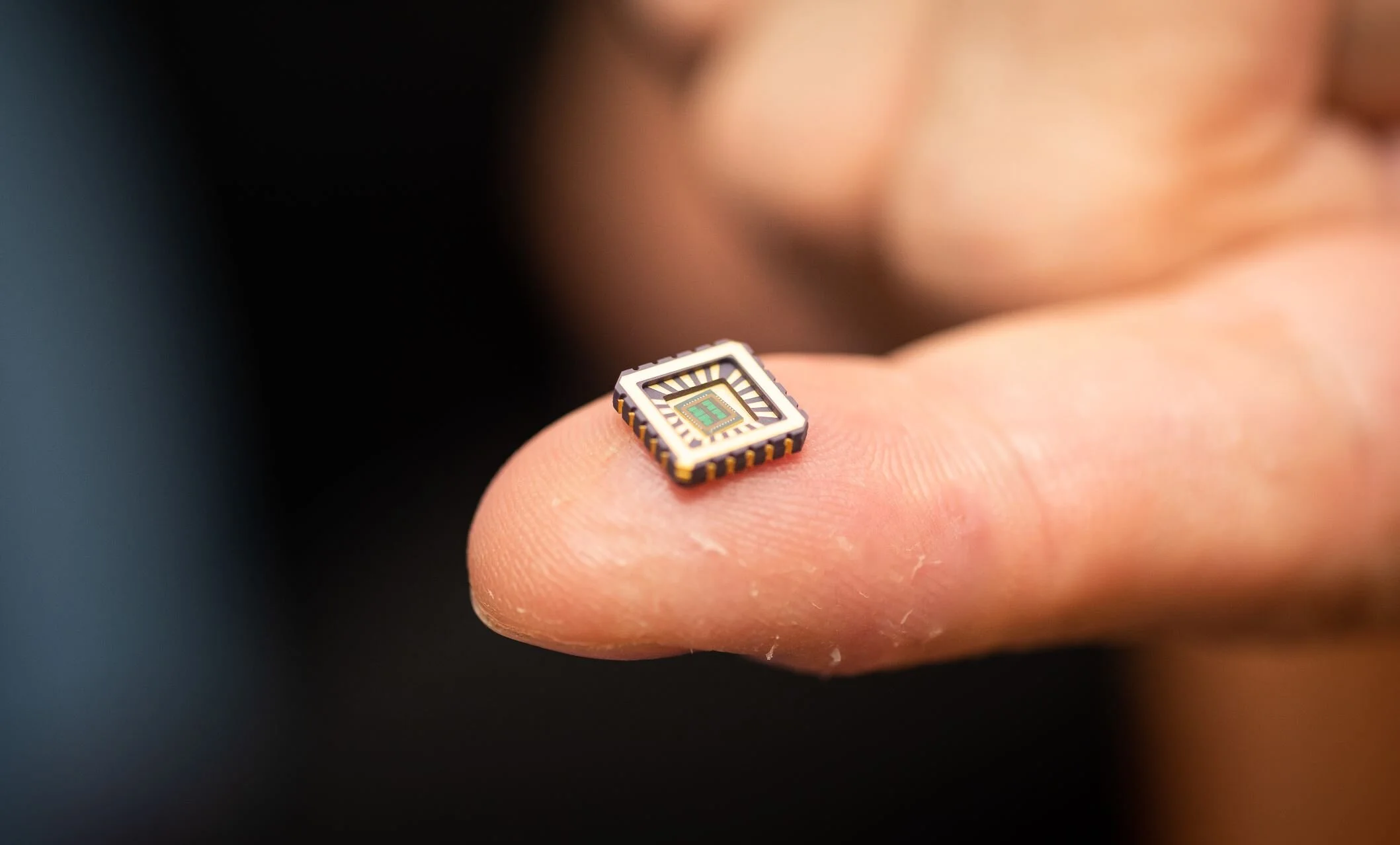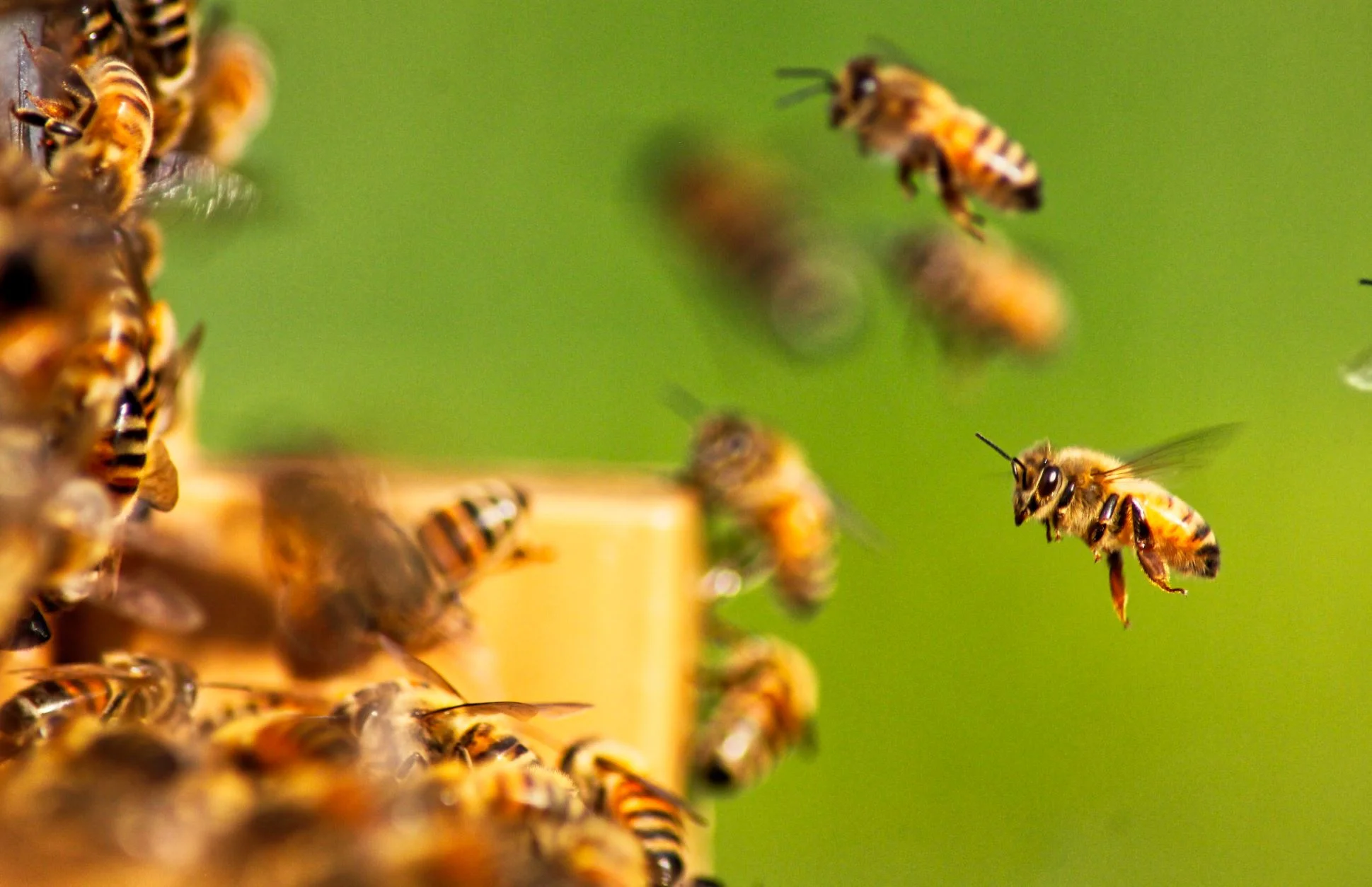Quantum computing is an amazingly interesting field. Many predict that quantum computers will dominate our future. Nevertheless, there are also some inherent flaws in quantum computer hardware. Subhash Kak predicts that random errors resulting from those flaws might mean that quantum computers will be less useful than we expect them to be..
Incredible breakthrough: scientists created artificial neurons to help in their fight to cure chronic illnesses
Scientists discover that small forests are of great importance
Scientists developed a new method of analysis to get more energy out of solar cells
Future Mars Rover Landing Spot Might be a Hot Spot for Signs of Past Life!
Scientists managed to run a car on fuel made from seaweed
How Do We Colonize Ceres?
Scientists recommend building a Martian settlement using bacteria
Astronomers detected actual water vapor on Europa for the first time!
Scientists developed an extraordinary material that can't sink!
Shape of the universe: could it be curved, not flat?
Remarkable new technology: drug-delivering bandages that can be spray painted onto wounds
What are the important factors that drive agricultural development in Africa?
Competition in the electric SUV segment has finally been heating up, how does Mercedes' entry in the segment fare?
Why don’t evergreens change color and drop their leaves every fall?
Intermediate fasting during the day might improve your impulse to exercise
Scientists discovered how to extract oxygen from the moon's 'soil'
New decision-making model could minimize injuries in inescapable crashes with autonomous cars
Bees can learn higher numbers than we thought – if we train them the right way
Bees are pretty good at maths – as far as insects go, at least. We already know, for example, that they can count up to four and even understand the concept of zero. But in a new study, published today in the Journal of Experimental Biology, we show honeybees can also understand numbers higher than four – as long as we provide feedback for both correct and incorrect responses as they learn.


















